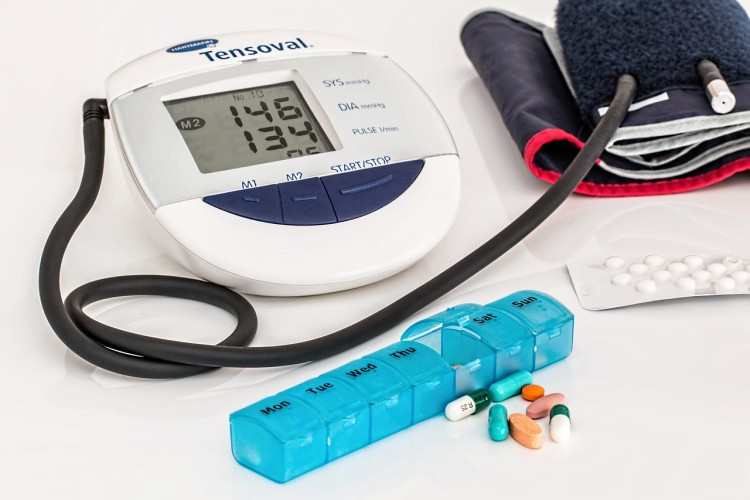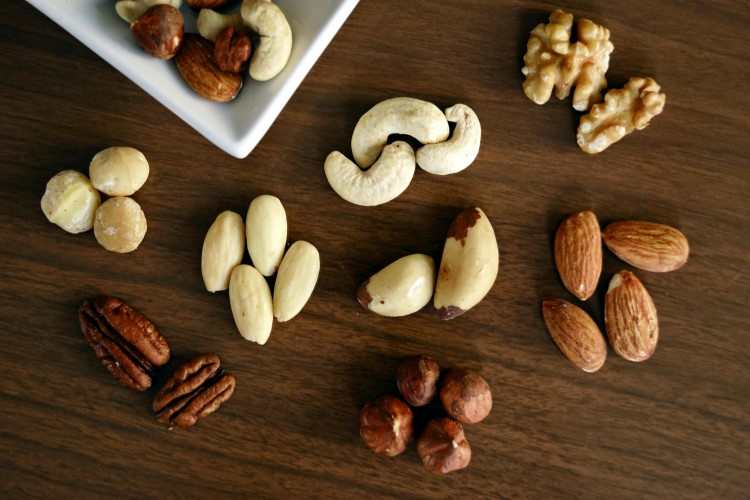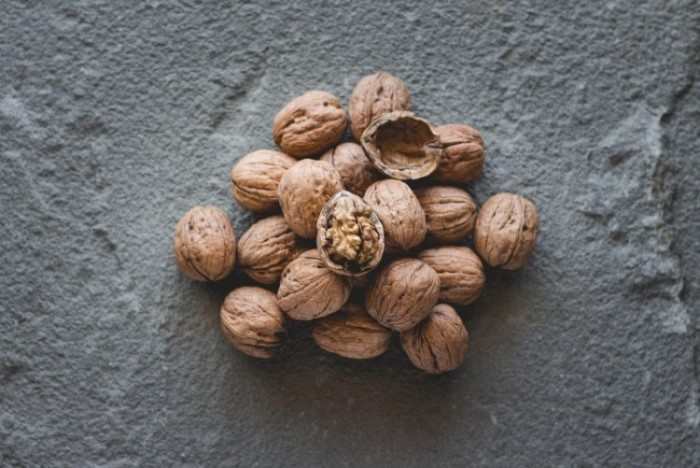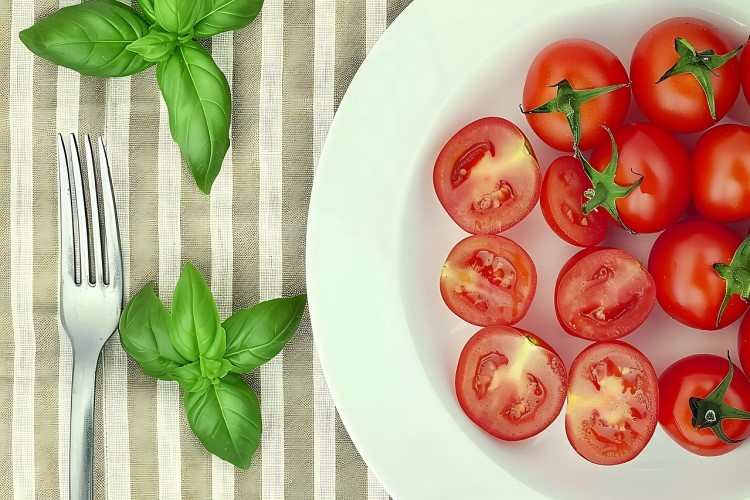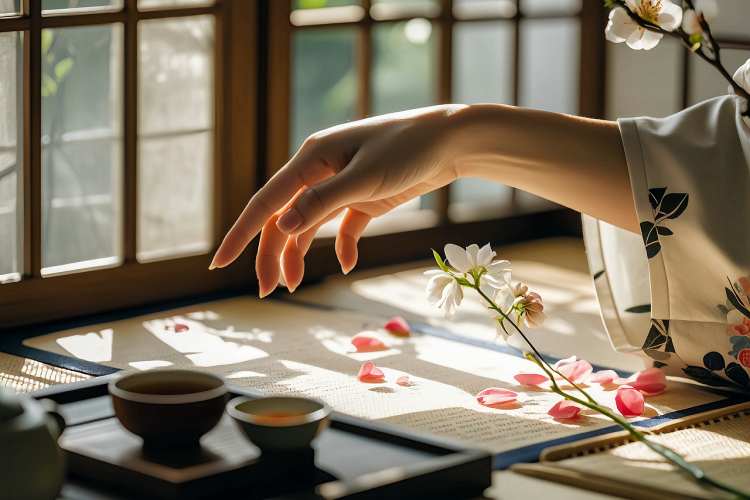
Natural foods are rich in vitamin C and also have antioxidant and anti-inflammatory activities. Another advantage of dietary supplements is that you're unlikely to exceed safe limits. I've never heard of anyone getting poisoned from eating vegetables meat eggs and milk.
With supplements, however, caution is needed.
Vitamin supplements are only recommended if dietary intake is insufficient or if you're already experiencing symptoms of deficiency.
Next it's important to be specific about what to take and how much to take.
If you go to the market and ask for vitamin C-rich foods, you'll probably be waved at by all the food sellers on the street.
There are so many foods in the world that are rich in Vitamin C. Almost all vegetables and fruits contain Vitamin C. But the most controversial point about Vitamin C is our persistent perception of deficiency.
When our lips are chapped, we feel that we don't have enough vitamin C. When we have inflammatory conditions, we still feel that we don't have enough.
We are under the impression that vitamin C is a cure-all. And we always feel that we need to take extra vitamin C supplements to feel better.
But is this true?
According to the Chinese Dietary Reference Intakes, the recommended daily intake for adults is 85mg of vitamin C.
To put this into perspective, eating a palm-sized fruit every day is enough for vitamin C.
Moreover, is more vitamin C better than less?
Is more vitamin C truly better, with added benefits?
For example if you have a cold taking a vitamin C effervescent tablet (e.g., 1000mg per dose), and you feel that such a glass of antioxidants must be able to fight against the oxidative reaction caused by the cold and your immune system will be boosted as well.
Vitamin C's ability to treat colds has been debated for nearly 70 years. After synthesizing all the literature and research on vitamin C for colds and analyzing 29 trials with more than 10,000 participants scientists have concluded that vitamin C supplementation does not reduce the incidence of colds in the general population but that regular supplementation with vitamin C can shorten the duration of colds.
Now you get the idea: vitamin C for colds is not a temporary fix; a cup of it can work but long-term vitamin C supplementation can make you shorter than others when it comes to colds.
However we have to remind you that although it is easy to make up enough vitamin C the way to make up for it is very delicate. Vitamin C is very soluble in water.
You may say ‘Why don't I just drink it with the soup?’ However vitamin C is easily oxidized and studies have shown that the content of vitamin C is significantly reduced when cooked for a long time and boiled in water.
Even if you just blanch the vegetables it will cause a greater loss of vitamin C. So eat raw stir-fry and cook quickly. Therefore raw stir-fried or steamed is a better choice.
To put it simply if you eat some raw vegetables and fruits in a day you will be able to satisfy your need for daily vitamin C requirements.
LATEST POSTS
- 1
 The three dimensions of health: complete physical, mental, and social well-being
The three dimensions of health: complete physical, mental, and social well-being - 2
 How to Supplement Vitamin B with Limited Whole Grains Intake
How to Supplement Vitamin B with Limited Whole Grains Intake - 3
 How much impact can small actions have? Health is all about action, so take action now!
How much impact can small actions have? Health is all about action, so take action now! - 4
 Electric Toothbrushes: 5 Key Benefits You Should Know
Electric Toothbrushes: 5 Key Benefits You Should Know - 5
 The Science of Toothpaste: How to Choose the Right Toothpaste for Oral Health
The Science of Toothpaste: How to Choose the Right Toothpaste for Oral Health
 Electronics and Blue Light Protection, Headphone-Induced Hearing Damage: Assessing the Health Impact of Electronics
Electronics and Blue Light Protection, Headphone-Induced Hearing Damage: Assessing the Health Impact of Electronics What’s the Best Average Weekly Sleep Duration?
What’s the Best Average Weekly Sleep Duration? Purpose Decides Your Results: Selecting the Appropriate Exercise
Purpose Decides Your Results: Selecting the Appropriate Exercise Reducing Risks Associated with Extended Sitting
Reducing Risks Associated with Extended Sitting Gentle Skin Cleansing: Avoid Too Much Friction
Gentle Skin Cleansing: Avoid Too Much Friction Skincare Basics: The Skin Barrier
Skincare Basics: The Skin Barrier How to Select Thoracic Spine Protection Tools
How to Select Thoracic Spine Protection Tools Light Fasting, the Anti-Aging Switch for the Age of Longevity
Light Fasting, the Anti-Aging Switch for the Age of Longevity Life Lies in Movement: Understanding Exercise Correctly
Life Lies in Movement: Understanding Exercise Correctly







